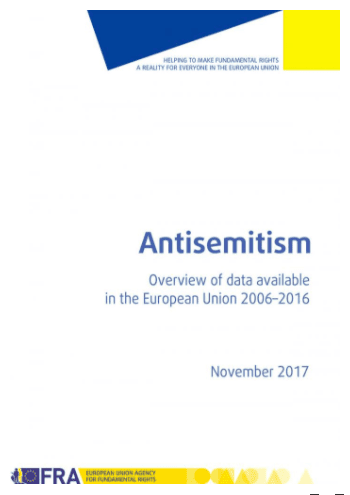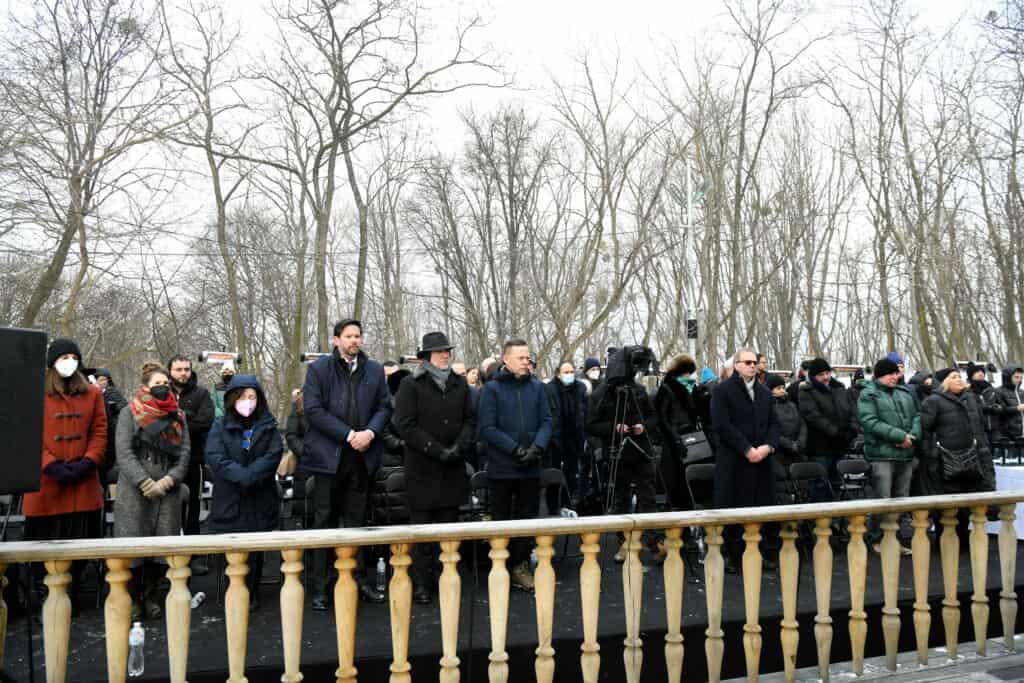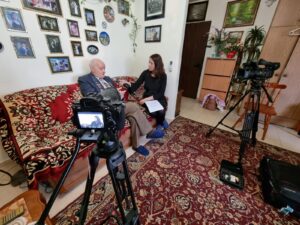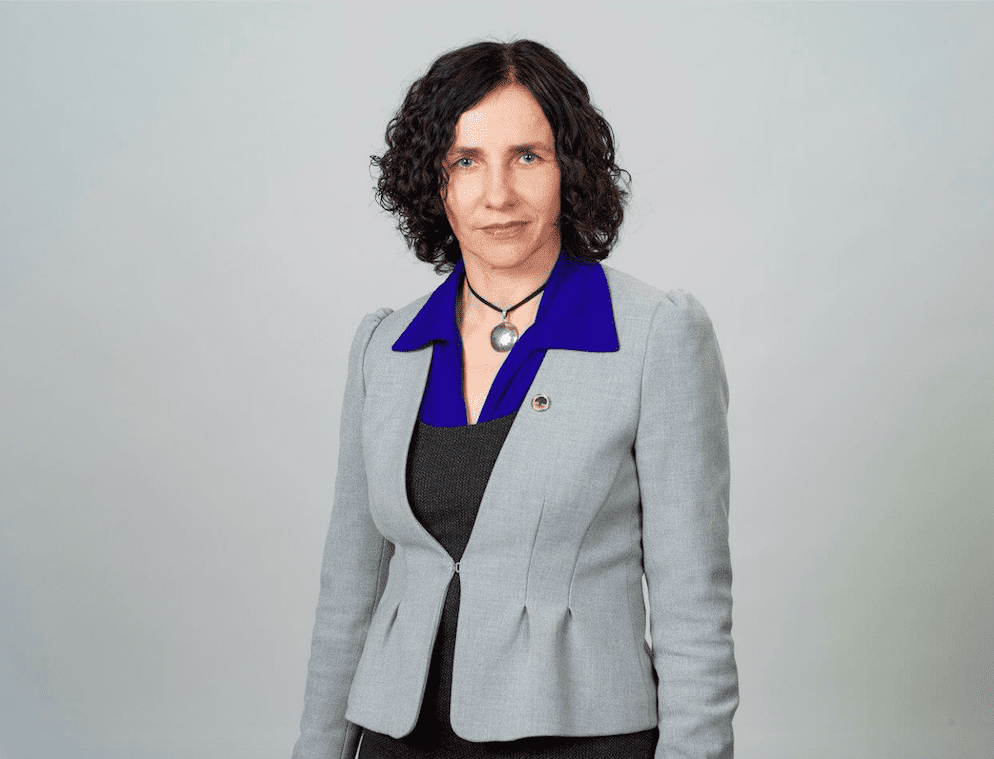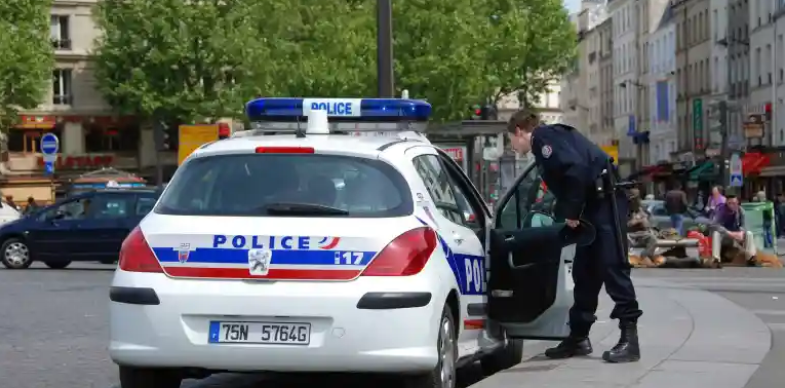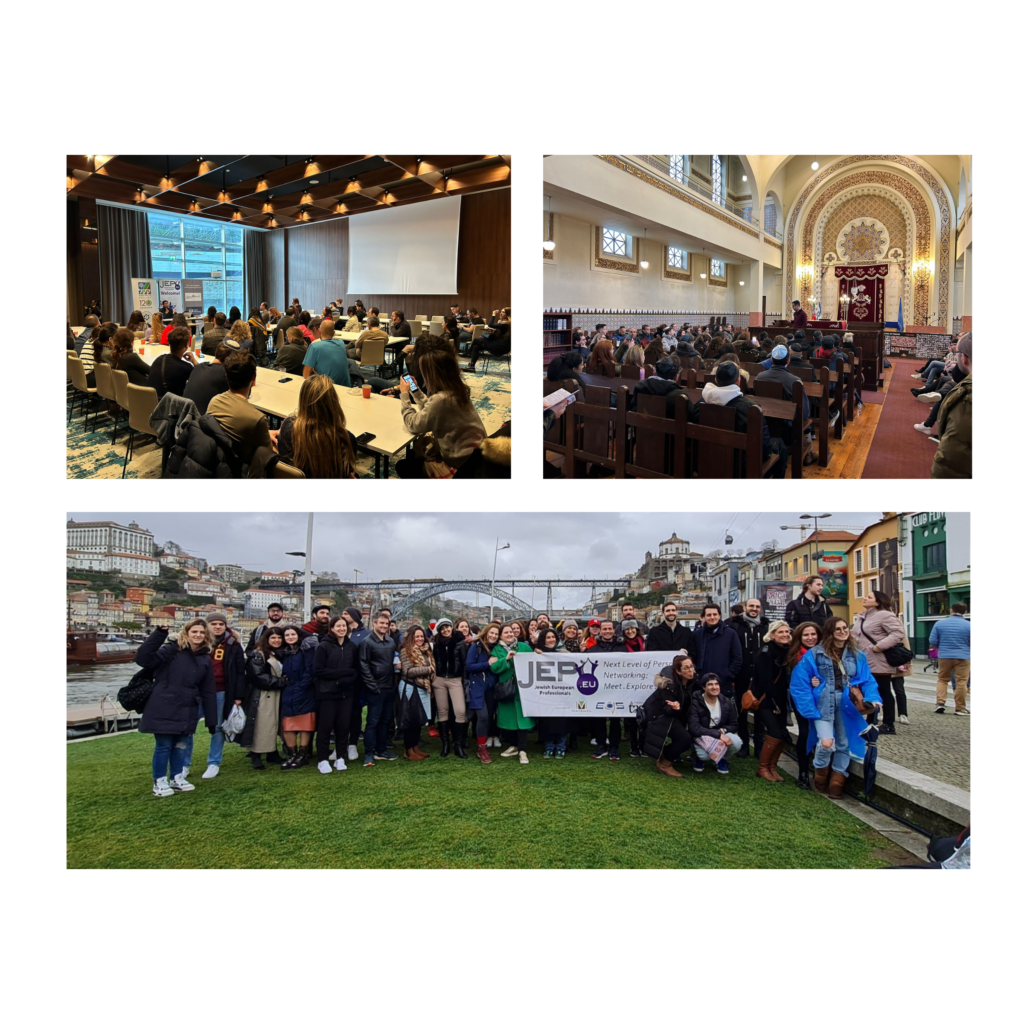New extremely important report recently published by the EU Agency for Fundamental rights.
This report provides an overview of data on antisemitism as recorded by international organisations and by official and unofficial sources in the 28 European Union (EU) Member States, based on their own definitions and categorisations.
Antisemitism can be expressed in the form of verbal and physical attacks, threats, harassment, property damage and graffiti or other forms of speech or text, including on the internet. Antisemitic incidents and hate crime violate fundamental rights, including the right to human dignity, the right to equality of treatment and the freedom of thought, conscience and religion.
This annual overview compiles the available evidence on antisemitic incidents collected by governmental and non-governmental sources, covering the period 1 January 2006– 31 December 2016, where data are available. In addition, it includes a section that presents evidence from international organisations. No official data on reported antisemitic incidents in 2016 were available for 11 Member States by the time this report was compiled in September 2017.
‘Official data’ are understood here as those collected by law enforcement agencies, other authorities that are part of criminal justice systems and relevant state ministries at the national level. ‘Unofficial data’ refers to data collected by civil society organisations.
for the full report click HERE


